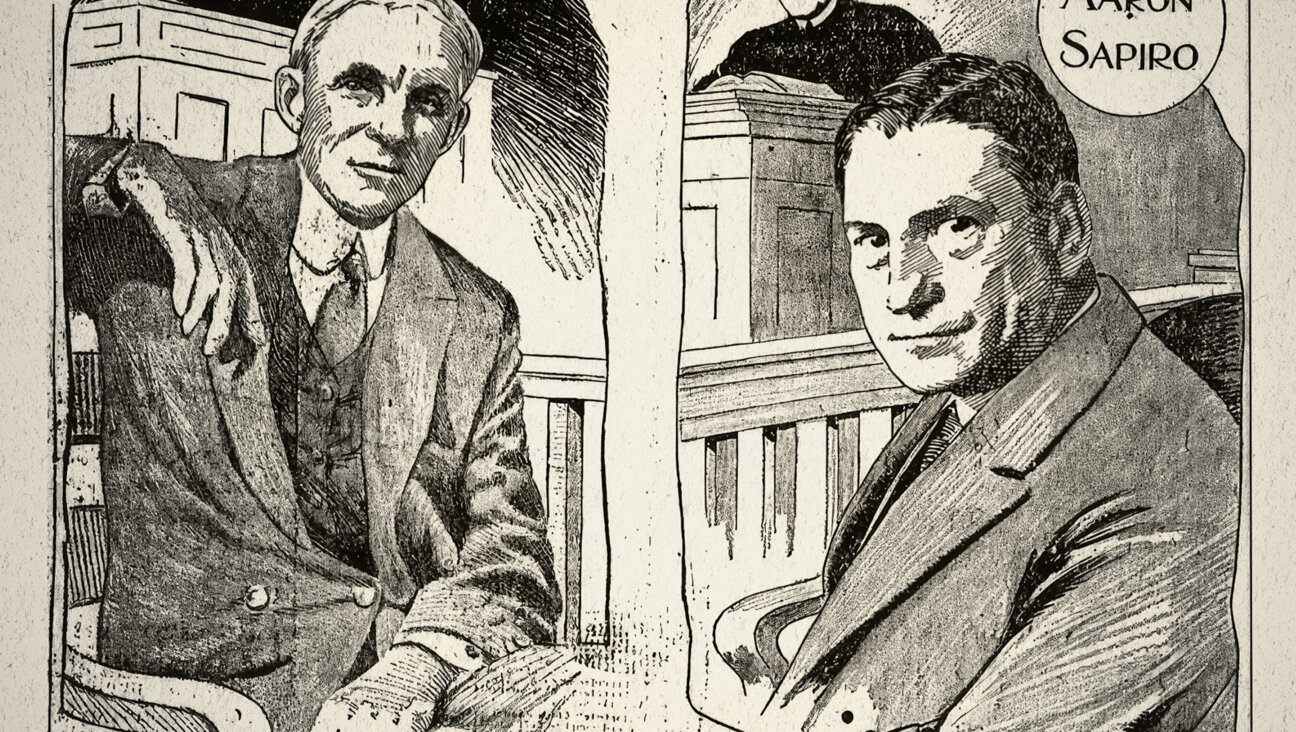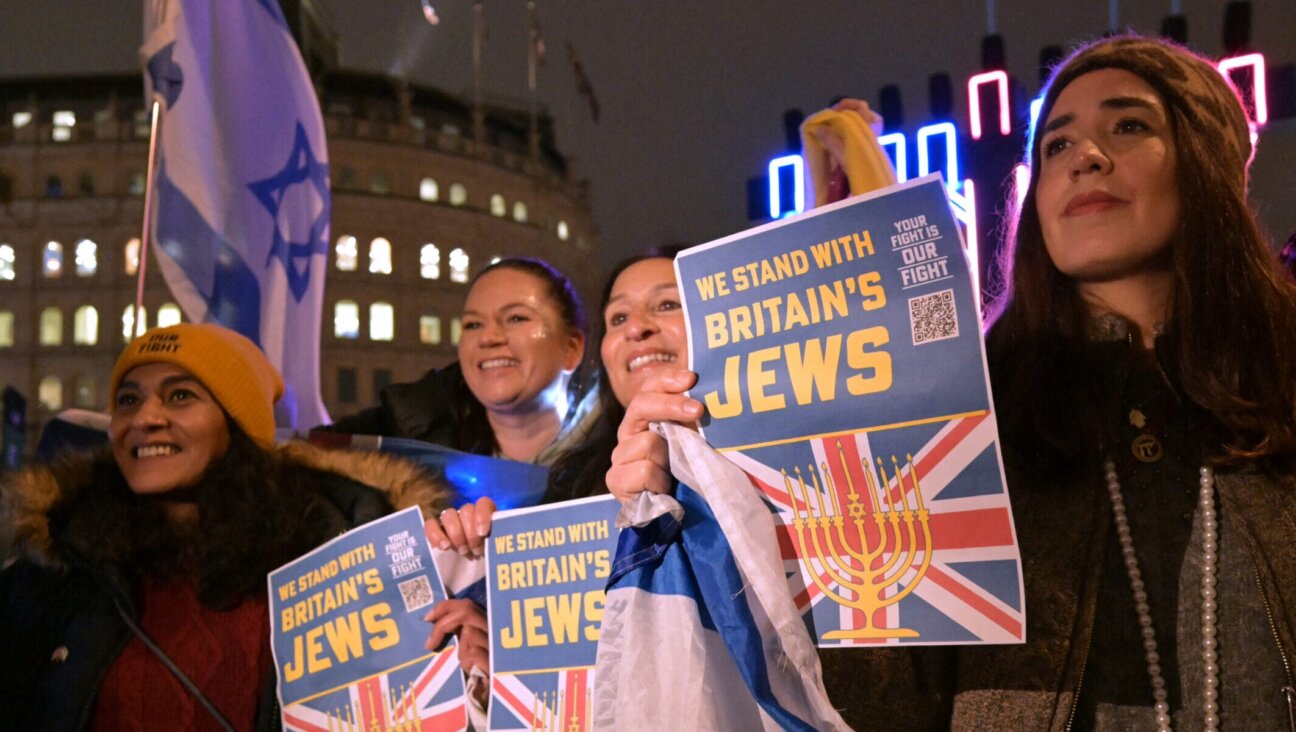Which Comes First?
The latest twist in the never-ending tragicomedy of Middle East diplomacy is a debate between America and Europe over whose recipe for peacemaking is more wildly unrealistic. The cynics among us will call it a draw.
The debate revolves around President Bush’s new Greater Middle East Initiative, which aims to promote democratic reforms in the region. The immediate question is one of timing: Can the reform process begin in the absence of progress on the Israeli-Palestinian front? Washington thinks the two ought to be unrelated. The European Union says they need to happen in tandem, that you can’t have one without the other.
The American view, laid out in Cairo the other day by Undersecretary of State Marc Grossman, has an undeniable logic to it. The sort of stagnation described in last year’s Arab Human Development Report has little if anything to do with the Israeli-Palestinian dispute. It’s a product of repressive regimes and the stultifying intellectual environment that they perpetuate. Progress could begin as soon as the peoples of the region are ready to move forward. Reform “does not have to wait until there is full peace,” Grossman said.
It’s a compelling point, made only more so by the predictable response Grossman got from Egypt’s foreign minister, Ahmed Maher, standing next to him at a press conference. “Egypt’s position,” Maher said, “is that one of the basic obstacles to the reform process is the continuation of Israeli aggression against the Palestinian people and the Arab peoples.”
It wasn’t clear from Maher’s words precisely how Israel prevents the peoples of the Arab world from logging onto the Internet, publishing novels or allowing women to hold jobs. Grossman’s point is that the two are not related. Arabs can begin to make their lives better by attacking their societies’ real problems in discrete fashion. He might have added that given the intractability of the Israeli-Palestinian dispute, the peoples of the region would do well to get on with their lives.
It would be nice if the Arab world would begin to put its grievances against Israel in a proper perspective and let history move forward. The Greater Middle East Initiative seems intended to woo Arab leaders into doing just that. Listening to Maher, however, we fear it won’t be any more successful than past efforts to bypass the Israeli-Palestinian dispute. There’s simply no substitute for negotiation and compromise.
It took the foreign policy chief of the European Union, Javier Solana, to point out these hard facts. Speaking in Cairo the day after Grossman’s visit, Solana noted that without progress on the Israeli-Palestinian peacemaking front, “it will be very difficult to have success” in the reform effort. Simply put, the clients won’t sign on.
















